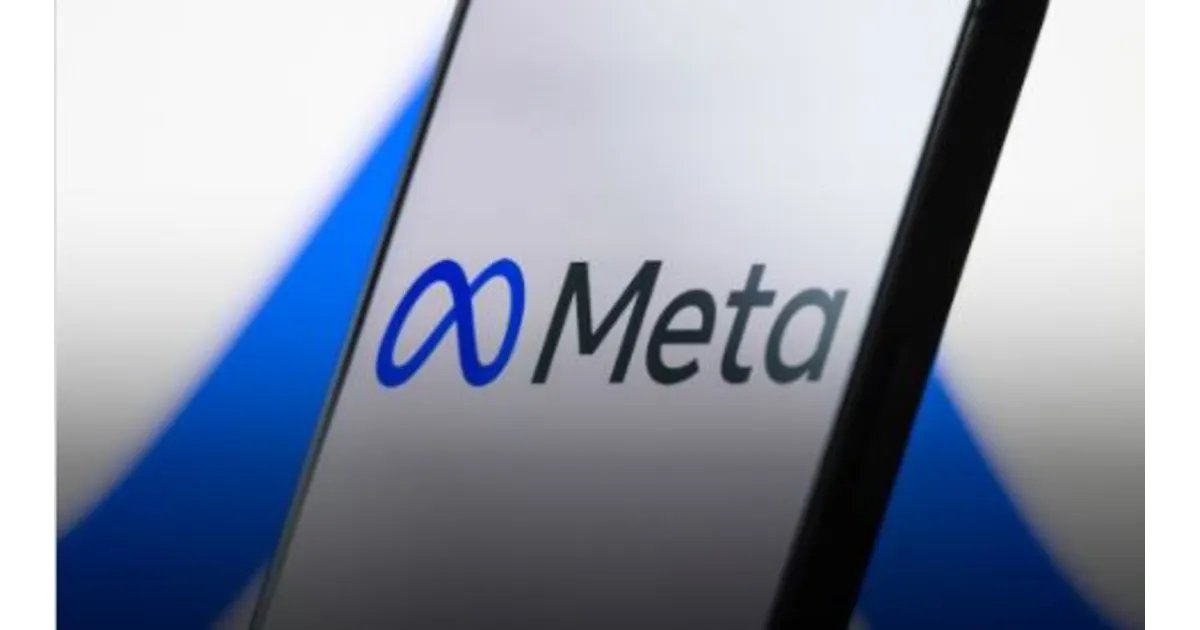
A Bold Move Towards Efficiency in Artificial Intelligence
Meta has initiated another wave of workforce reductions, cutting approximately 600 employees from its Artificial Intelligence division. The decision, confirmed by a company spokesperson to CNBC, is part of Meta’s broader plan to simplify internal structures and enhance agility across departments. The layoffs were disclosed through an internal memo by Chief AI Officer Alexandr Wang, who joined Meta in June following the company’s $14.3 billion investment in Scale AI. The reduction affects multiple teams, including the AI infrastructure group, the Fundamental Artificial Intelligence Research unit (FAIR), and several product-oriented positions.
Exemptions and Strategic Priorities
Interestingly, the layoffs did not extend to employees within TBD Labs—an elite unit comprising many of Meta’s high-profile AI recruits brought on earlier this year. Sources revealed that these employees, supervised by Wang, remain central to Meta’s long-term AI ambitions. This selective approach highlights CEO Mark Zuckerberg’s preference for investing in fresh AI talent rather than retaining older, legacy teams, reflecting a shift in the company’s innovation strategy.
Internal Challenges and Organizational Overhaul
Within Meta, the AI division had long been perceived as overextended, with multiple teams—such as FAIR and product groups—competing for limited computing resources. The creation of Meta Superintelligence Labs further intensified this issue, merging existing divisions under one large umbrella. The recent layoffs aim to refine the department’s structure and reinforce Wang’s leadership in directing Meta’s evolving AI strategy.
Meta’s Race to Stay Competitive
Meta’s recent moves underline its urgency to remain competitive with AI giants like OpenAI and Google. The company has been channeling billions of dollars into infrastructure upgrades and global recruitment efforts to strengthen its AI capabilities. Following these cuts, Meta’s Superintelligence Labs will now employ just under 3,000 people, signaling a leaner but more focused workforce dedicated to advancing Meta’s AI agenda.
Employee Impact and Severance Details
Affected employees were informed that their official termination date will be November 21, though they are now in a “non-working notice period.” According to the internal message, staff will retain pay but lose internal system access during this period. Meta has promised 16 weeks of severance pay, plus an additional two weeks for every year of completed service, adjusted for the notice period. Employees may also use this time to pursue other opportunities within Meta before their departure.
Zuckerberg’s Frustrations and the Path Forward
Sources indicate that CEO Mark Zuckerberg has been increasingly dissatisfied with the pace of progress in Meta’s AI initiatives. The tepid response to the company’s Llama 4 models, released in April, further fueled his determination to accelerate innovation. Following Meta’s massive investment in Scale AI, Zuckerberg introduced the Meta Superintelligence Labs—led by Wang and former GitHub CEO Nat Friedman—to centralize and revitalize Meta’s AI research. During Meta’s second-quarter earnings call in July, the company projected total expenses for 2025 between $114 billion and $118 billion, citing AI investments as a primary driver of rising costs. This figure is expected to grow even more in 2026 as Meta’s AI initiatives expand.
Expanding Infrastructure with the Hyperion Data Center
Meta’s restructuring coincides with its ambitious infrastructure expansion. On Tuesday, the company announced a $27 billion partnership with Blue Owl Capital to fund the Hyperion data center in rural Louisiana—a colossal project described by Zuckerberg as covering a footprint comparable to a significant portion of Manhattan. This data center is set to power Meta’s next generation of AI advancements, further anchoring its commitment to artificial intelligence as the foundation of its future growth.
Looking Ahead
As Meta prepares to report its third-quarter earnings next week, industry observers are watching closely to see how these strategic shifts influence its AI performance and market position. By trimming excess layers and doubling down on high-caliber talent, Meta is signaling a renewed focus on innovation, efficiency, and leadership in the global AI race.






